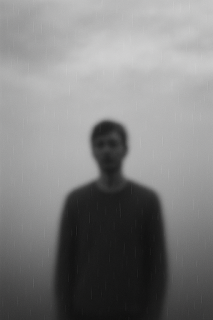“There is a hush between heartbeats where everything changes, but nothing is forced.”
There comes a moment—quiet and in-between—where the world seems to hold its breath. You’re not who you were, but not quite who you’re becoming. This space, this pause, is the threshold.
We’ve been conditioned to fear these moments of stillness. To rush through them. To interpret quiet as stagnation, and delay as failure. But the threshold is not a void. It is a womb.
It is here, in the quiet swell of becoming, that real alchemy begins. Something ancient within us softens. We begin to unravel—not into chaos, but into truth. Here, the old self gently loosens its grip, and the new self waits with open hands. Nothing is forced. Nothing needs to be.
The world tells us to push, to hustle, to define. But the sacred pause offers something rarer: presence. In this in-between, time stretches. The threshold doesn’t demand that you hurry forward, nor does it ask you to cling to what was. It simply holds space. Sacred space.
To honor the threshold is to refuse the urge to turn the page too quickly. It is to sit in the silence and trust that the story is still being written. That becoming takes time. That transition is holy work.
So if you find yourself in this quiet place—in the pause before the bloom, in the hush before the next inhale—be gentle.
Not everything broken is failing.
Not every delay is punishment.
Some things are simply waiting for the soul to catch up.
















